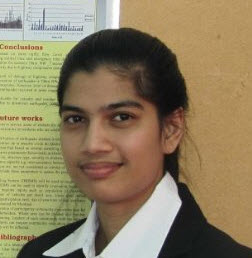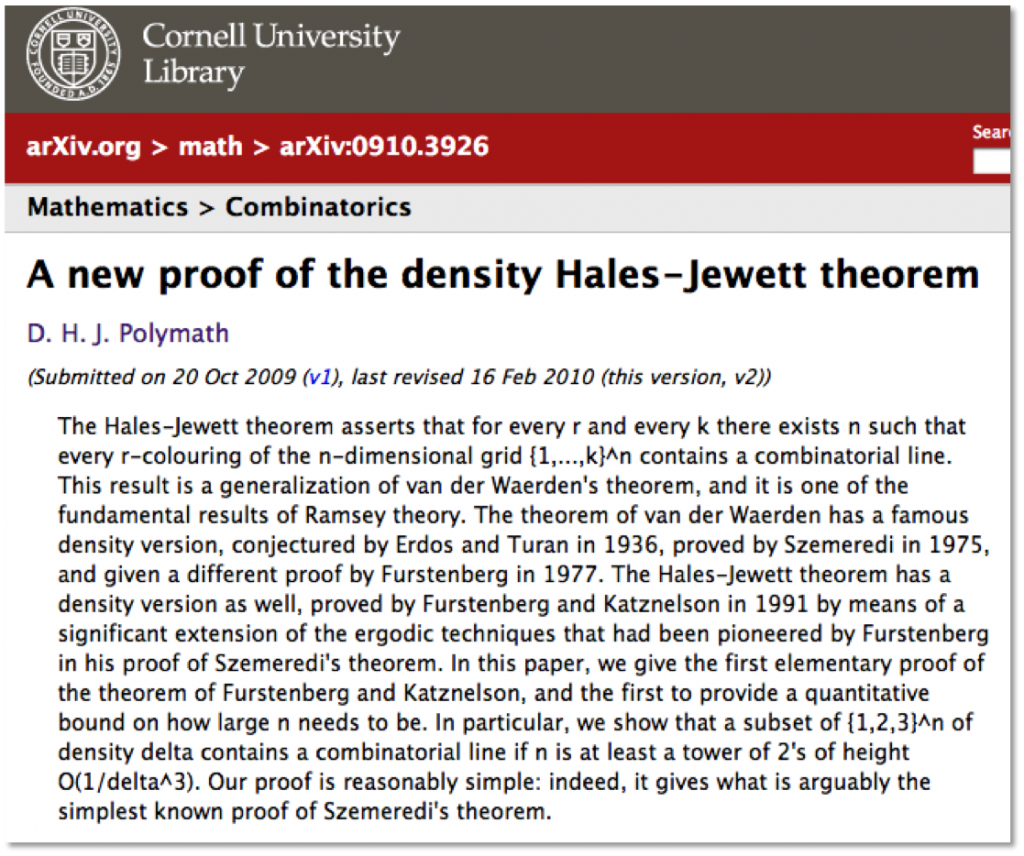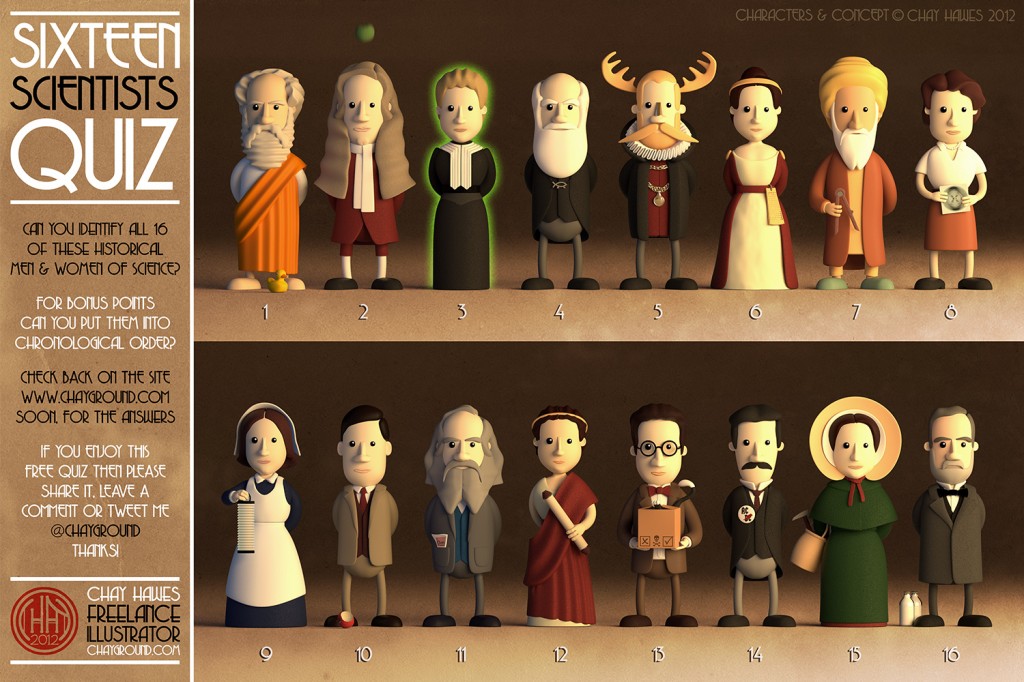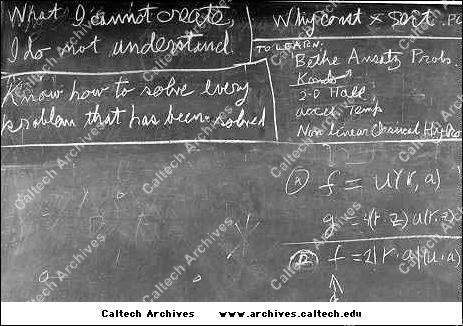We would like to welcome Umma Tamima as a new student blogger to the Turret. Umma is a PhD student in Civil Engineering and Applied Mechanics whose research interests include natural hazard and disaster management planning. She also works for the McGill Library as a Graduate Student Facilitator for the MyResearch Graduate Seminar Series . Welcome Umma! We look forward to lots of posts on student life and your research in Civil Engineering at McGill.
Let me also take a moment to introduce myself as another new blogger to the Turret. My name is Tara Mawhinney and I have recently returned from maternity leave to resume my duties as Liaison Librarian for Mechanical Engineering, Civil Engineering and Atmospheric and Oceanic Sciences at Schulich Library. Glad to be back!








